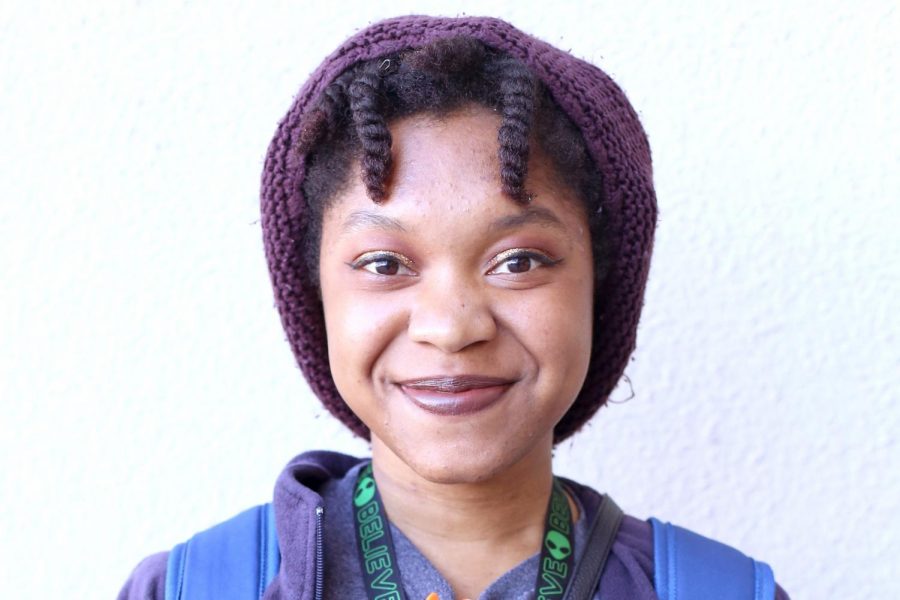Editors Note: Avery Oliver, junior multimedia journalism major, is a member of UTEP’s Black Student Union and currently acts as the BSU’s public relations officer. The organization has hosted numerous events this month including marching in El Paso’s Black History Month Parade on Saturday, Feb. 24.
Every year, February 1 marks the beginning of Black History Month nationwide, giving the country a chance to reflect on black history and the importance of the month itself. Yet, every so often, people question the reasoning behind this month and wonder why it is observed in the United States.
More often than not, I have heard people question the importance of Black History Month. Well, to understand the importance of Black History Month, we need to understand how our nation came to be, and how, especially here in the South, the country was built upon the backs of black slaves. Observing social justice and civil rights movements from the ‘50s and up until now, we have seen strong black leaders like Martin Luther King Jr., Medgar Evers and many others who have followed in their footsteps and shaped the nation’s perspective and point us in the direction of equality and justice for all citizens of America.
Black History Month, however, isn’t simply dedicated to America reflecting on the same individuals we’ve learned about in elementary school and high school. It is also about us learning about the pain and struggles that black people have had to face since our battle to be recognized as first-class citizens in this country, up until now. That struggle starts from slavery, to horrific yet countless tragedies, like Emmett Till, to institutionalized racism like segregation here in the South, which I need only to go as far as my grandfather’s house to hear about, and finally, to the current Black Lives Matter movement today.
Yet, Black History Month is also about showing people, black and non-black about the resilience and the strength of Black Americans and how, no matter what is thrown at us, we have the strength and the power to move forward in the face of hatred and oppression. This month is for everyone to learn, witness and take part of the wonderful stories–told and untold–of black achievement from slavery up until today.
One way Black History Month was celebrated here on campus was a lecture by Angela Davis, hosted by the Black Student Union and the African American Studies Program, to speak on issues regarding, but not limited to, immigration, feminism and civil rights. Like Martin Luther King Jr., Angela Davis was a powerful figure during the Civil Rights Movement and helped shape the nation’s view on topics like equality for black Americans, for women and even for LGBTQIA citizens.
She also spoke about Black History Month in a way that resonated with me and many others, explaining that Black History Month is something that needs to be observed by all.
As I looked at the crowd that had accumulated to hear Davis speak, I saw diversity. People of all ethnicities sat there, completely in tune and attentive to all Professor Davis had to say–and that spoke volumes. I witnessed such a prominent figure of the Civil Rights Movement being respected and revered by people from all over, and I was once again reminded how important black history was to not just black Americans and black people in general (which Davis also spoke about, in regards to Black History Month not just celebrating African Americans, but African diaspora worldwide), but to everyone sitting in that auditorium, and everyone in this nation.
Black History Month is for everyone because this month observes the birth of our nation. The rights for black Americans paved way for other movements, such as the feminist movements, anti-war movements and many more that followed. The Civil Rights Movement truly shaped the nation, and continues to do so today. So when people ask why we observe Black History Month, and what its importance is, they must realize black history is the history of this country and every citizen of the United States has a right and obligation to understand that.






